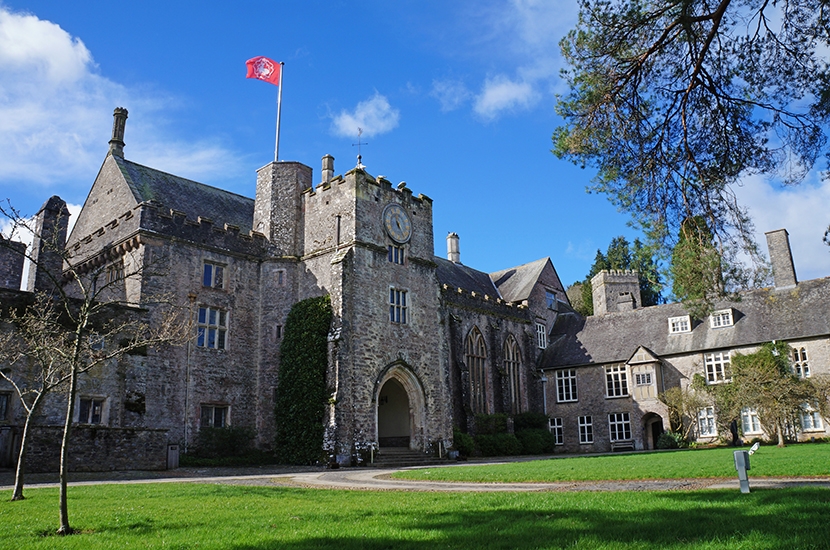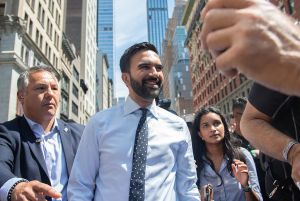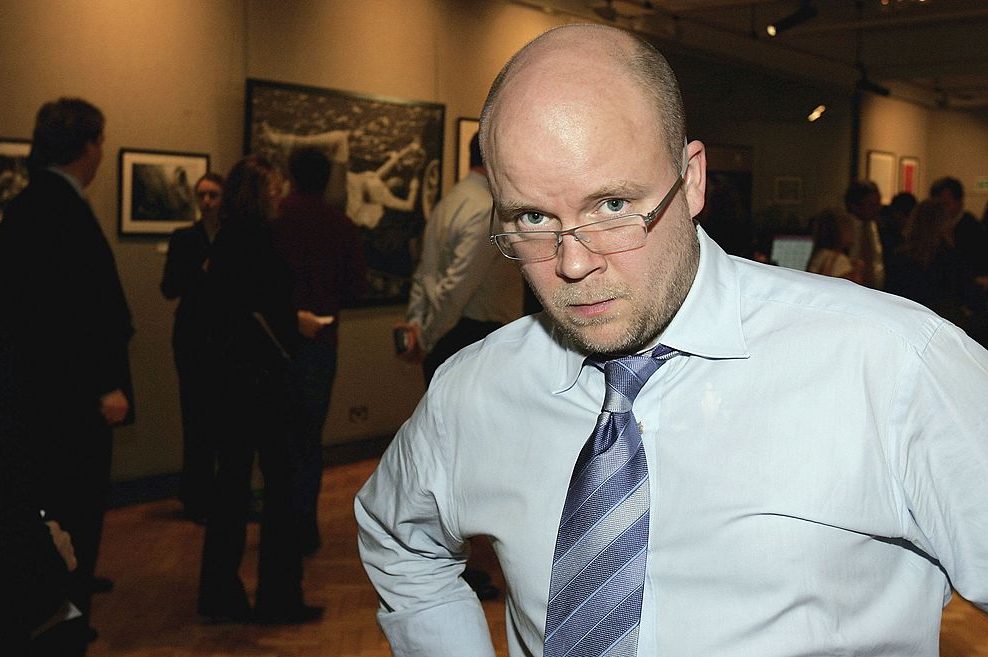I spent last weekend in south Devon at Dartington, the former estate of Dorothy and Leonard Elmhirst, and now a charitable trust. I know the place quite well because my father was more or less adopted by the Elmhirsts when he was 14 and I spent four years there as a teenager while he was writing Dorothy and Leonard’s biography. He described it as his best book and I was pleased to see it on display behind the reception area at Dartington Hall, a Grade I listed building that is now a hotel, among other things.
I’ve always thought the story of Dartington would make a good parable about the folly of left-wing idealism. When the Elmhirsts bought the estate in 1925, Dorothy was one of the richest women in the world, having inherited $15 million at the age of 17. Her first husband, Willard Straight, died of Spanish flu in 1918, and she met Leonard, the son of a Yorkshire farmer, when he was studying agriculture at Cornell. He was an ardent fan of the Indian poet Rabindranath Tagore and, inspired by his ideas, the Elmhirsts bought Dartington with a view to creating a kind of socialist paradise in which people would work with their heads, hands and hearts. To paraphrase Orwell, it quickly became a magnet for every fruit-juice drinker, nudist, sandal-wearer, sex-maniac, Quaker, ‘Nature Cure’ quack, pacifist and feminist in England.
My father’s parents — an Irish artist and an Australian musician — sent him to a succession of third-rate boarding schools, where he was beaten and bullied. But an Australian grandparent offered to pay for him to attend the school the Elmhirsts had set up at Dartington as part of their progressive experiment. The next four years, from 1929 to 1933, were the happiest of his life, as Dorothy and Leonard took him under their wing and introduced him to a life of luxury. Up till then, his abiding childhood memory was of being hungry because his parents had so little money. But no more. ‘I never felt hungry for four years,’ he wrote in The Elmhirsts of Dartington: The Creation of a Utopian Community (1982). ‘And what food. Apple sauce in great bowls for breakfast, piles of cornflakes and giant jugs of milk. Roast beef without gristle, crisp Yorkshire puddings. Bean shoots from China.’
By the time I moved to Dartington in 1977 the utopian fantasy had run aground on the shores of reality. After the war it was investigated by MI5, which suspected it of being a hotbed of communist subversion, and Dorothy’s son Michael Straight later confessed to having been recruited as a KGB agent by Anthony Blunt. The school, which boasted Lucian Freud among its alumni, was beset by scandal and eventually closed in 1987 after it emerged that the headmaster and his wife had posed semi-nude for a top-shelf magazine. Dartington College of Arts, which was established in 1961, was absorbed by Falmouth University in 2008. Dartington Glass was sold in 1994.
Since then, the trust has been weighed down by an unsustainable annual deficit, and the penultimate CEO, Rhodri Samuel, hoped to raise large-scale investment via a bond offering. But it was not a success and Samuel left at the end of 2019. The last published accounts show a total income of £16,887,000 and total expenditure of £20,536,000. Mr Micawber would not be impressed.
Yet wandering the grounds last weekend, it didn’t seem like an estate falling into disrepair. The house we had lived in was known as Deer Park Cottage, which I always thought rather pretentious, given the absence of deer. But Rhodri Samuel managed to get grants from the Lottery Heritage Fund and Natural England to help pay for the restoration of the park, and the first sight that greeted me when I rounded the corner to my old house was a field full of deer.
Some of the enterprises that sit within the trust, such as the research unit, continue to thrive, and what used to be the local shop has been transformed into the Green Table Café, where I had an excellent lunch. So maybe the parable will have to be put on hold.
And, in a sense, my father’s extraordinary career, which saw him write the Labour party’s 1945 manifesto, set up Which? magazine, the Open University and the Consumers’ Association, become a Labour peer and write more than two dozen books, including co-authoring the seminal text of British sociology, was the Elmhirsts’ legacy. They hoped their experiment would create a generation of imaginative social reformers and in my father’s case it did.
This article was originally published in The Spectator’s UK magazine. Subscribe to the World edition here.

























